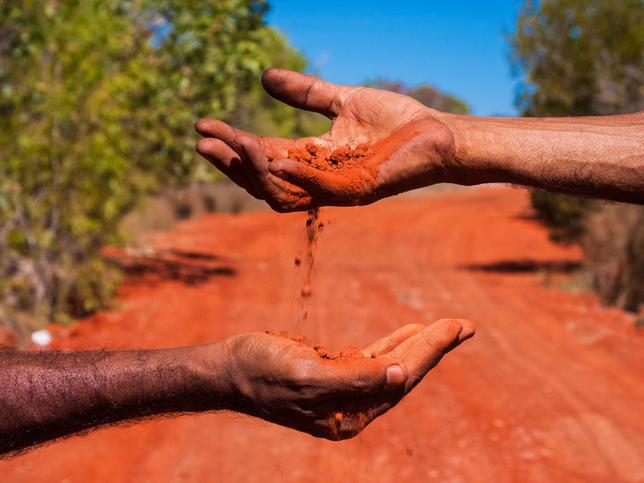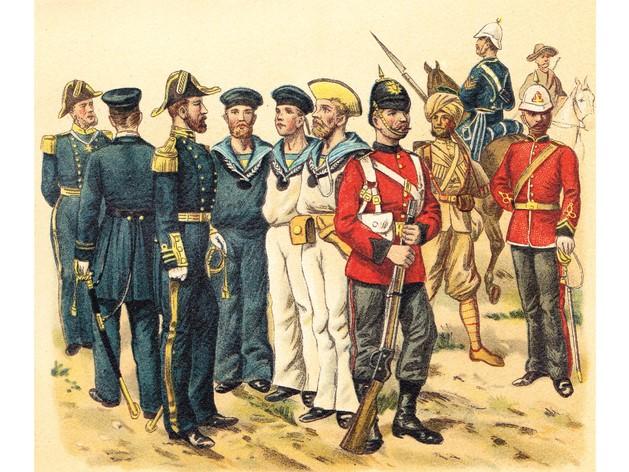Acknowledgement: When on Traditional Owners’ land, as we are, it is respectful to acknowledge their ownership/custodianship, their ancestors, traditions and contemporary presence. In the spirit of decolonisation, we acknowledge we live, learn and write from the lands of the Boonwurrung/Bunurong people, whose ongoing connections and custodianship to skies, seas, lands and time are reflected in what we experience today. We acknowledge Boonwurrung/Bunurong people are part of the longest continuous culture on earth. They are First Nations peoples in Australia, where their sovereignty has never been ceded and their cultural strength informs humanity to work together for better outcomes for our planet, where we all have obligations for this to happen.
In our first article of this three-part series, we focused on individual, internal and self-learning. We noted that decolonisation is a complex, contentious and messy process requiring disruption and change at multiple levels of society. There is no panacea. Reflecting many First Peoples’ calls and conclusions, our self-research identified three levels of initial action – three linked pathways towards decolonisation: personal, curriculum (units/courses) and institutional.
In this article, we focus on the curriculum as a decolonising space and report our actions other academics might employ.
Decolonising curriculum
Six teacher educators collaborated to map, change and research our curriculum and practices in relation to its taken-for-granted whiteness and colonialism, and engagement with First Peoples’ ways of knowing, being, valuing and doing. Over the past three years we have made a commitment to decolonising our curriculum by:
- meeting regularly (bi-weekly, then monthly)
- exploring and challenging shared understandings of what it means to decolonise
- teaching and prompting each other’s new lessons
- acting as critical friends in planning for, and reflecting on, teaching
- identifying and addressing the inherent racism, colonialism and exclusions in our curriculum.
Our actions informed student learning and our personal/group learning as well as institutional change. We also researched the process for deliberation and reflexivity to inform new cycles of action, new cohorts of staff and students, and other faculty in the university and internationally in our field. As non-First Nations people, we accepted that acknowledgement, partnerships and opening white/colonial/settler/immigrant spaces for First Nations agency was our responsibility.
Acknowledgement: citations, readings and resources
An obvious place to begin was identifying where we were and whose land we were on with intentions to acknowledge this at the beginning of each unit and meeting with students. We would embody respect through this simple action informed by resources from First Nations groups, local practice and the First Nations unit within the university. We developed our own forms of Acknowledgment of Country, practising through adoption in each of our meetings. Over time and with our personal knowledge development, then sharing with others, these became more sophisticated and felt less stilted or tokenistic.
- Collection: Decolonising the curriculum
- The history-versus-fiction debate revisited (again) thanks to The Crown
- Primary sources as a tool for greater diversity
As an extension of that small initial demonstration of respect, we acknowledged First Nations’ knowledges by including First Nations scholars or producers of knowledge/resources in our degree units. One example was the social and emotional well-being model developed by Pat Dudgeon and colleagues that brought to students’ attention the importance of connectedness to history, place, self and others for planetary health and well-being. Others were primary sources such as:
- case studies of successful First Peoples’ achievements
- children’s books from Boonwurrung authors that informed relationships education in teacher education
- biographies of First Nations pioneers negotiating racism in elite sport as part of sport sociology
- research reports on what makes health systems effective for First Nations communities from their own experiences
- scholarly articles of ways of learning – as valuing, being, knowing and doing from First Nations educators’ perspectives.
Providing strengths-based, First Nations-authored readings interrupted old habits of citing and sourcing white (often male and Eurocentric) authors. This laid the groundwork for asking deeper questions about why knowledge was dominated by non-First Nations sources. This in turn opened a space to address racism and colonialism as drivers of inequality whether in teacher education, schooling, health, movement, bodies and sport (significant to our degree).
It also paved the way for introducing contemporary practices, people and issues until recently taboo or unthought of in our setting, such as:
- What might services or a higher education unit look like if it were fully First Nations-led or First Nations-focused?
- Is our degree culturally safe and/or empowering for First Nations students and sufficiently so to attract First Nations staff?
- What would a First Nations-led specialist teacher education degree look like on Boonwurrung/Bunurong Country?
Such questions pushed us to investigate local contemporary knowledges and partnerships in the curriculum with First Nations colleagues and community as the curriculum was created with First Nations peoples as living culture.
Living culture: partnerships for curriculum
Another example of First Nations inclusion and curriculum development was through partnerships with local First Nations businesses, Elders, First Nations government employees and NGOs to deliver and shape students’ learning experiences. A local NGO partnered with us to design workshops with students to understand First Nations histories and knowledges in Australia as played out in their lives and land. A First Nations Elder collaborated to create an online resource for students. First Nations representatives from a government organisation relayed First Nations students’ experiences in schools and evaluated undergraduate assessment as a panellist witnessing students’ health promotion pitches for programmes to enhance reconciliation. A local Elder modelled and workshopped students in the concept of well-being and ways of knowing, being, doing and valuing education in ways unfamiliar to, yet resonating with, many of the students.
Such partnerships:
- honoured authentic knowledge holders
- centred First Nations knowledge as a source for knowing, being, doing and valuing one’s own history and place in society
- celebrated First Peoples’ knowledges and knowledge holders
- modelled and inspired other educators and students to consider how partnerships and allyship can enhance what we learn and enable
- challenged dominant world views and world views only valued when held by dominant bodies
- opened discussions about pluralist systems of knowing, being, doing and valuing
- created spaces closer to ensuring First Nations’ agency in higher education in our field and created imagined possibilities for students in their anticipated professions.
Creating space for First Nations agency and walking together
Through researching our decolonising curriculum processes using auto-ethnography, reflective writing and participatory action research, we understood our responsibility goes beyond curriculum and into systemic/institutional change and also that the white echo chamber we had, in tension with the cultural-load argument about staff make-up, meant we were not yet working with First Nations staff. Some of us were immigrants, some born in Australia but none were First Nations or born on Boonwurrung/Bunurong Country.
We therefore understood that it would take time to build culturally welcoming spaces and imagination for different models of employment, but that curriculum would be enhanced through:
- employing cultural collaborators
- deliberate staffing pathways for First Nations employment
- student placements for service learning in First Nations organisations
- changing credentialling requirements to recognise knowledge holders as higher education teachers
- links to other faculties or universities where degrees have components or are wholly designed and delivered by and from a First Nations perspective.
Our shared part in decolonisation
We all have a role to play in decolonisation because of our position in higher education, already with agency. With models and curriculum frameworks in Aotearoa New Zealand (Wānanga and colonial institution degrees), this nation, and our own institution but not yet in our field (health and physical education teacher education) or our faculty, we have a lot of guidance and openings to create possibilities and opportunities for our students and what they will affect as future ancestors. We have made mistakes, learned from them, anticipate mistakes more clearly in our planning and stay open to learning in our intention towards (re)conciliation. Curriculum is a place we all have opportunities to decolonise through acknowledgement, partnerships and making space for First Peoples’ agency, ultimately enriching higher education.
lisahunter and Karen Lambert are senior lecturers on health and physical education in the School of Curriculum Teaching and Inclusive Education in the Faculty of Education at Monash University, Australia.
We also acknowledge our collaborative colleagues Ruth Jeanes, Laura Alfrey, Justen O’Connor and Richard Pringle.
If you would like advice and insight from academics and university staff delivered direct to your inbox each week, sign up for the Campus newsletter.




comment